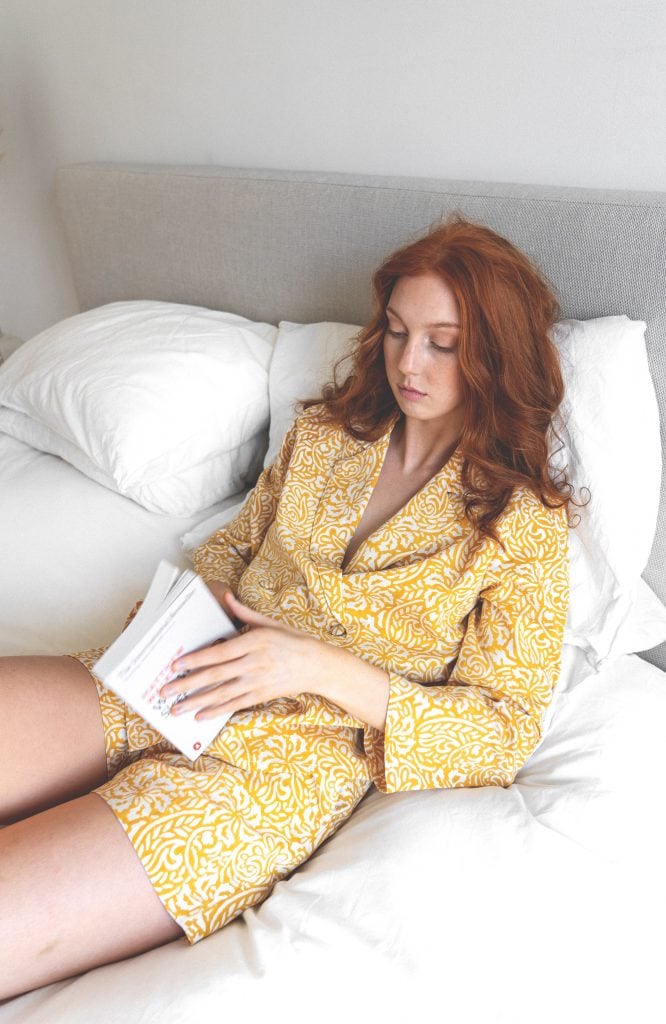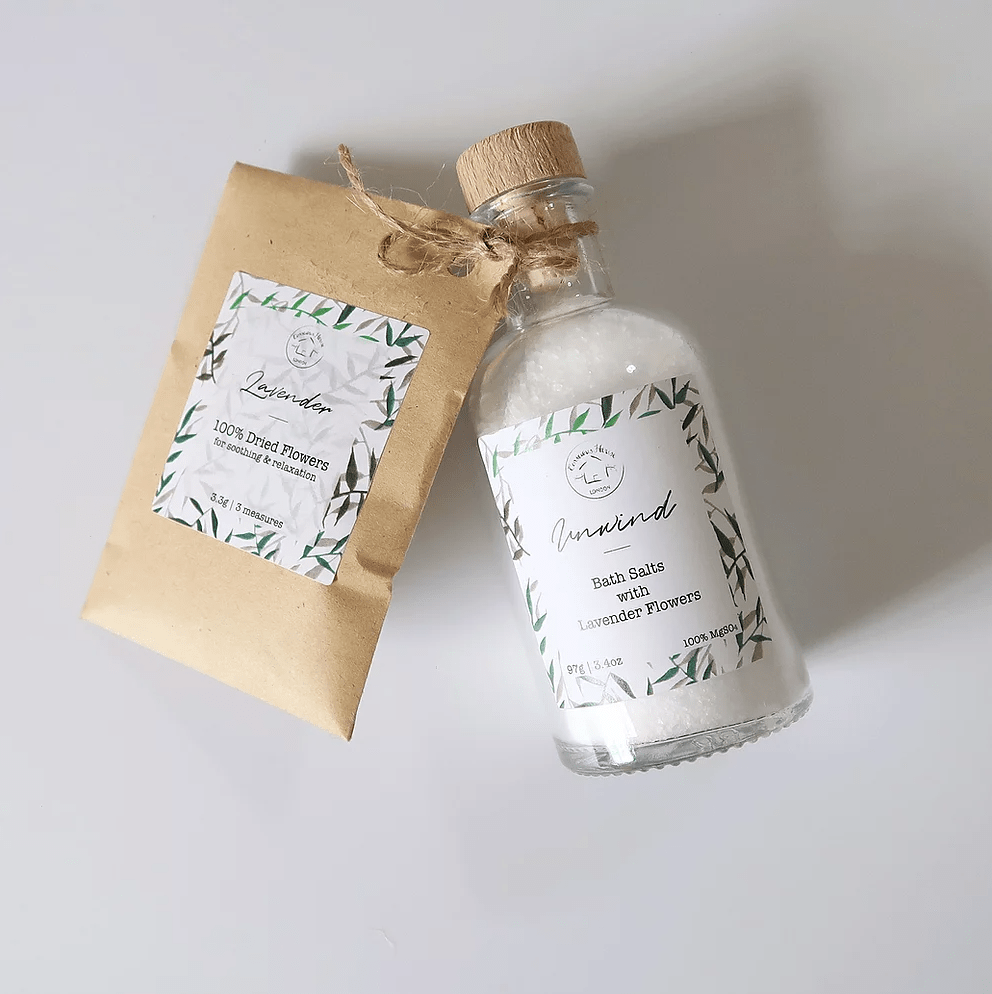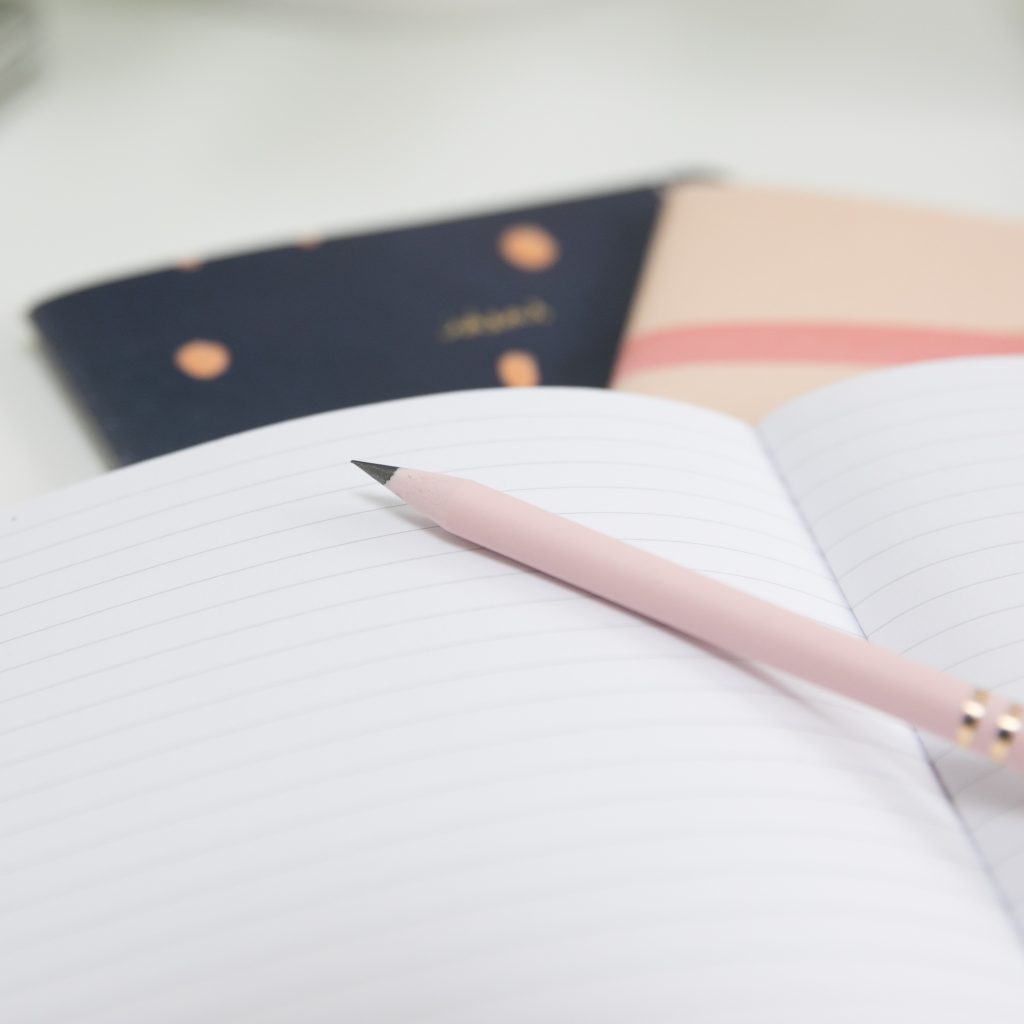Why sleep is the ultimate self-care
17/2/2021
Yoga and meditation. Setting boundaries. A walk with a good podcast. Baking bread. Facemasks and long baths. Just some of the actions that spring to mind when we talk about self-care.
It’s a phrase that means something different to everyone but we like this summary by self-care coach Gracy Obuchowicz: “self-care is something that when you do it, you wake up the next morning feeling better.”
And what fits more neatly into that than sleep. The one act of self-care that none of us can truly do without – but possibly the most neglected. We might even prioritise squeezing in our other self-care habits over an early night.
That could be changing though. Pinterest predicts that 2021 will be the year sleep-care becomes the new self-care, after reporting increases in search terms like “night affirmations sleep” (up 100%) and “sleep yoga” (up 90%).
Inspired by this idea of sleep-care, we’ve been looking into sleep’s impact on our wellbeing along with tips for sleeping well.
The benefits of a good night’s sleep
Neuroscientist Matthew Walker’s 2017 book Why We Sleep delves into why sleep is so good for us and on the flip side, the negative effects of sleep deprivation. Which, by the way, isn’t only caused by pulling all-nighters. Consistently getting less than the recommended seven to nine hours a night also puts you at risk of being sleep deprived.
In Walker’s view, sleep is the bedrock of good health (pun unashamedly intended). He argues that it’s not only as important as a balanced diet and regular exercise, but the foundation of a healthy lifestyle. Sleeping well staves off ill health, is important for our wellbeing and helps us function properly.
This is something we probably all know on some level. Who hasn’t blamed a mistake on being half-asleep or told a friend to get some sleep when they’re feeling burnt out? But we might be underestimating the degree to which sleep, or the lack of it, can impact how we feel.
Take our physical health. Whereas lots of us may have focused attention on our diet and exercise routine to look after our bodies, getting enough sleep also keeps us in good shape. It’s proven to reduce your risk of cardiovascular issues, help you maintain a healthy weight and give your immune system a boost.
When it comes to our emotional wellbeing, being well rested can help us manage stress and our emotional empathy improves, so we relate better to those around us. Meanwhile long-term problems with sleep can be linked to mood disorders like depression and anxiety.
And our daily cognitive function is also deeply connected to our sleep quality. Attention span, concentration, productivity, strategic thinking and reaction times – none of these are working at the level they should be on a day when you haven’t caught enough zzz’s.
How can you sleep better?
So there’s no arguing with the fact that getting in a good seven or eight-hour sleep is some pretty significant self-care. Achieving it is easier said than done though. Even in non-Covid times, most of us have something that gets in the way of sleep, especially those of us who are natural night owls, wired to stay up late.
And right now, we have homeschooling, lockdown restrictions, more screen time than usual, a constant feeling of uncertainty and the like to contend with too. It doesn’t exactly add up to ideal sleeping conditions. Our struggles to sleep thanks to the stresses of the pandemic have even got a name: “coronasomnia”.
If you can’t change what’s happening in the world around you or your natural body clock, what steps can you take to counteract these sleep-stealing triggers?
It’s all about improving your sleep hygiene, which is basically your bedroom setup and your bedtime routine. There’s no one-size-fits-all solution but there are countless tips and tricks out there to try, some of which happen to be excellent acts of self-care themselves.
A sleep hygiene checklist
Cut down on alcohol, nicotine and caffeine
All three can disrupt your sleep. Try swapping your caffeinated or alcoholic nightcap for Tea People’s Sleep Loose Leaf Tea, which is made from sleep-friendly herbs and flowers.
Find ways to relax
Gentle exercise (nothing too strenuous), reading, meditating, watching something soothing on TV, anything that helps you unwind.
Take a hot bath
Not only is a pre-bed bath relaxing but the rise then fall in temperature promotes drowsiness too. Pop in some lavender scented Unwind Bath Salts from Conscious House London to up the calming effects further.
Get comfortable
A cool, quiet and dark bedroom is the ideal sleeping environment, with 15 to 17 degrees celsius meant to be the temperature sweet spot.
Pick cotton pyjamas, which keep you cosy but cool. We love rho’s dreamy sets in organic cotton. As well as being made ethically and sustainably, £5 from every sale of their items goes to a domestic abuse charity, helping someone else get a safe night’s sleep.
Write a worry journal
If you’re one for turning over worries in your mind when you lie down to sleep, getting them out of your head and onto paper may help. Set aside time to write in a worry journal a few hours before bed.
Less screen time
Step away from your phone and laptop in the hour or so before bed. Increase your zen even further by leaving your phone in another room and using an actual alarm clock (remember those?) for your morning wake-up call.
Keep active and get outdoors
It’s not easy to tick off the list in lockdown, but try to exercise regularly and get as much sunlight as you can during the day.
Make evening meals light
Your digestive system will still be at work three or four hours after eating a big meal, so either eat earlier in the evenings or keep meals light.
You can’t hurry sleep
It might sound like odd advice, but one of the best things we can do to help ourselves drift off is, er, stop trying to drift off.
Worrying about not being able to sleep only makes it more difficult to fall asleep. And when we lie in bed watching the clock and counting down the hours until the alarm goes off, our bed becomes a place we associate with being awake.
Walker and other experts suggest that if after 15 or 20 minutes of lying in bed you’re still awake, you should get up and do a relaxing activity in dim light, only returning to bed when you feel tired.
It’s also worth remembering that even if you have the world’s most relaxing bedtime routine, you’ll still have a restless night every once in a while and that’s okay. Be kind to yourself.
Read more on self-care:



